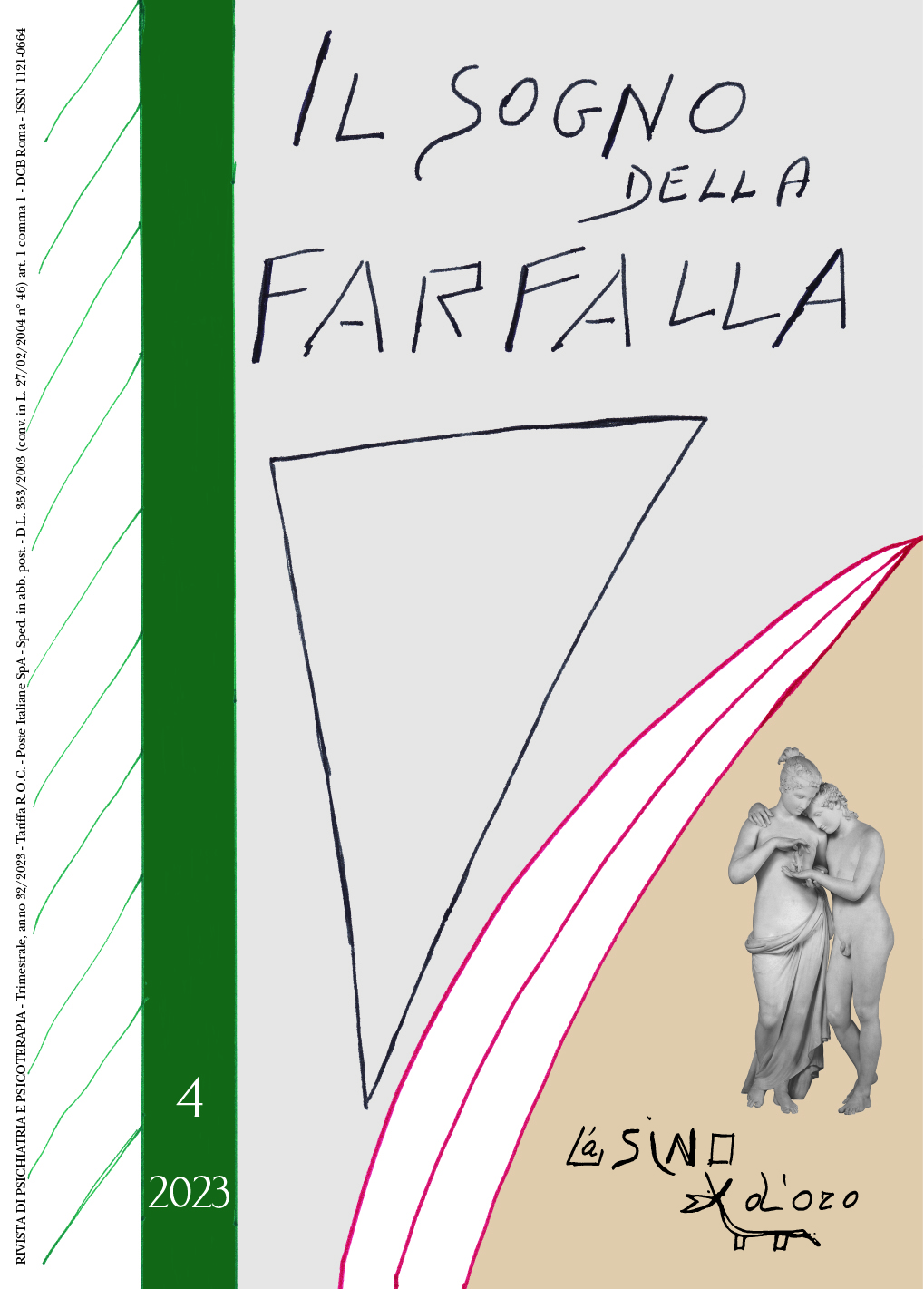Experimentum naturae: riflessioni sulla valenza epistemologica della clinica, fra Claude Bernard, John Hughlings Jackson e Théodule Ribot
DOI:
https://doi.org/10.14663/sdf.v32i4.898Abstract
Among the many theoretical insights contained in the work of H. F. Ellenberger, the aim of this paper is to specifically analyze the relevance of clinical psychopathology within the scientific and philosophical context of the end of 19th and beginning of 20th century. Through an historical and epistemological approach to scientific thinking, the author investigates the topics and crucial points which led to a new understanding of the connection between health and disease, physiology and clinic. After analyzing the ideas of C. Bernard, J. H. Jackson e T. Ribot, the essay focuses on the idea of a dialectic relation between normal and pathologic, whose heuristic function was emphasized by G. Canguilhem: understanding what is abnormal leads to investigate what is normal, studying what is pathological leads to the recognize the value of what is physiological. In other words, a function is revealed by identifying its intrinsic defects. The Freudian metaphor of the crystal has a crucial role in the development of this conceptual idea: when a crystal falls, it does not shatter randomly, but rather along the backbone of its internal architecture; in the same way, when our mind and behaviors fail, they are able to reveal the most hidden and interconnected aspects of our cognitive system.


